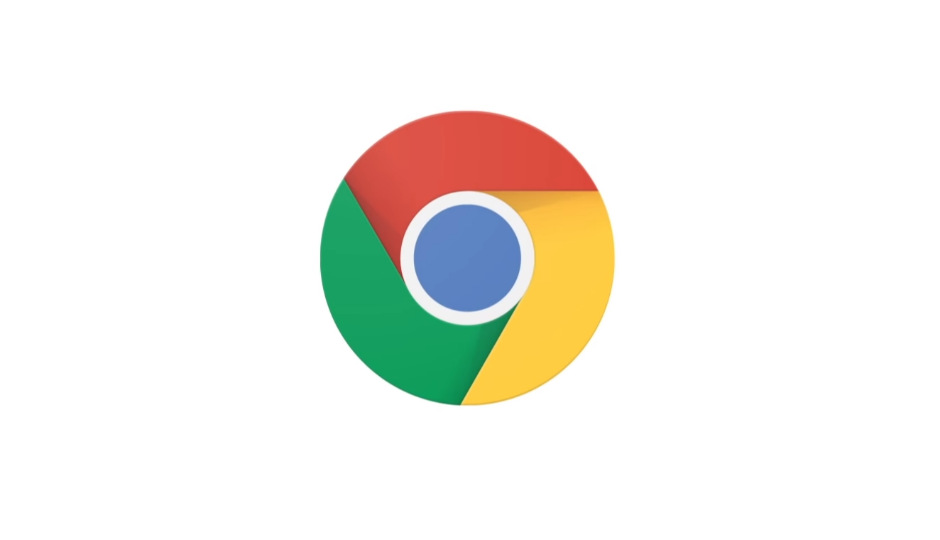Google Chrome is expanding in-built ad-blocker globally on July 9

Google has advised website owners to consider reviewing their site status in the Ad Experience Report - a tool that helps publishers to understand if Chrome has identified any violating ad on a site.
Highlights:
- Google will roll out Chrome ad blocker in all countries from July 9
- Website owners advised to review their site status in the Ad Experience Report
In a bid to enhance the user experience, Google has announced that it is expanding the in-built ad-blocker feature on Chrome worldwide on July 9. The feature, that blocks pesky website redirections, was first rolled out to North American and Europe countries. As a part of the operation, Google’s own advertising platforms stopped selling the kinds of ads that violate its standards and generate complaints from Chrome users.
Google says that it follows the Better Ads Standards when determining which websites to filter ads on in Chrome. “These standards were developed by the Coalition for Better Ads, an industry group dedicated to improving the web advertising experience, based on feedback from over 66,000 consumers around the world. The Standards identify 12 experiences that users find intrusive and that advertisers, publishers, and technology vendors should avoid showing,” Google said in a blog.
Google has advised website owners to consider reviewing their site status in the Ad Experience Report – a tool that helps publishers to understand if Chrome has identified any violating ad experiences on a site. “Starting today, publishers in regions outside of North America and Europe can use this tool to understand if they have intrusive ad experiences on their site, their current status (passing / no issues found or failing), and resolve outstanding issues or contest a review,” Google said.
Last month Google rolled an update for Chrome 71 on Mac, Windows and Linux. This new version brought security updates and features. The Chrome now automatically blocks abusive ads on persistently offending websites. The websites affected by this new implementation are the ones that have ads or elements, which are shown as fake system dialogues or close button even after getting warnings from the Google Search Console’s Abusive Experiences Report.
Related Read: Google working to bring native dark mode on Windows 10
Digit NewsDesk
Digit News Desk writes news stories across a range of topics. Getting you news updates on the latest in the world of tech. View Full Profile




